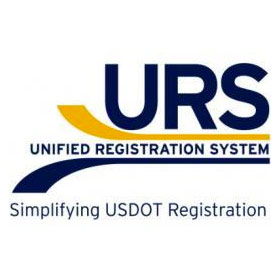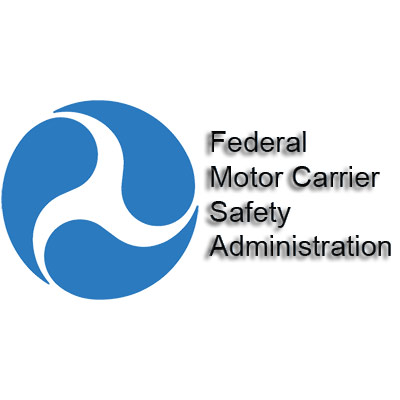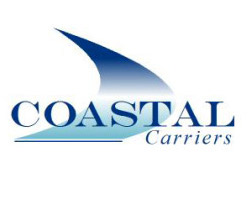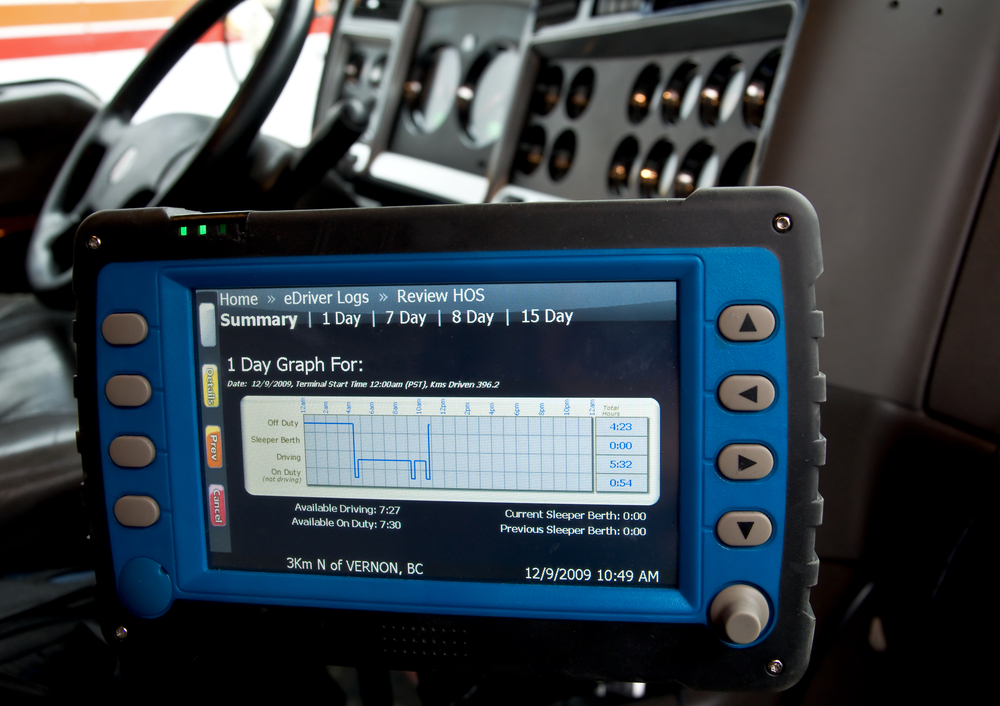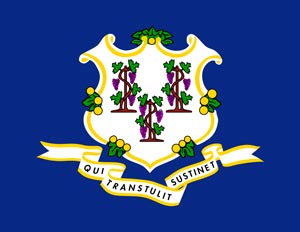Archive for December 2015
FMCSA launches streamlined URS process
On Dec. 17, the Federal Motor Carrier Safety Administration (FMCSA) announced they have launched a new, simplified online registration process for truckers, brokers and equipment providers. The system, which went active Dec. 12, is the first phase of the Unified Registration System (URS) that combines multiple reporting forms into a single “smart form” that streamlines…
Read MoreFMCSA lowers random drug testing level to 25%
The Federal Motor Carrier Safety Administration (FMCSA) has announced it will lower the random drug testing rate for controlled substances from the current 50 percent to 25 percent for the upcoming calendar year, effective Jan. 1, 2016. FMCSA conducts a random survey to ensure compliance with the set testing rates, known as the Management Information…
Read MoreMTAC president visits Gregory & Howe
This week, MTAC President Joe Sculley visited the office of Gregory & Howe, the company that administers MTAC’s highly successful drug and alcohol testing program. Through MTAC’s partnership with Gregory & Howe, the drug and alcohol testing program has grown to become one of the largest consortiums in the state. The need for a good…
Read MoreHours of Service Provision
Congress is set to pass an omnibus spending bill that would fund the federal government for the remainder of fiscal year 2016. The Transportation, Housing and Urban Development (THUD) portion of the bill contains a provision regarding one aspect of the 34 hour restart provision in the Hours of Service (HOS) regulation. The specific provision…
Read MoreMTAC members can save with BestPass
Through MTAC’s agreement with BestPass, members can save time and money on tolls in surrounding states. MTAC members can get a discount on service fees, and, because of our bulk purchasing power, save as much as 20 percent on tolls by using the service. Members should consider using BestPass in order to take advantage of…
Read MoreMTAC visits Coastal Carriers
This week, MTAC President Joe Sculley visited MTAC Vice Chairman John Pruchnicki’s business, Coastal Carriers of Connecticut. Coastal Carriers has built a reputation for safe and reliable transportation services to the petroleum industry. They are a 24/7/365 carrier that efficiently responds to all scheduled and emergency deliveries. Their state of the art dispatch technology assures…
Read MoreFMCSA releases Electronic Logging Device rule
The Federal Motor Carrier Safety Administration (FMCSA) has released its long-awaited final rule required Electronic Logging Devices (ELDs). The four main elements of the ELD Final Rule include: Requiring commercial truck and bus drivers who currently use paper log books to maintain hours-of-service records to adopt ELDs within two years. It is anticipated that approximately…
Read MoreCertified medical examination forms
The Federal Motor Carrier Safety Administration (FMCSA) is expected to delay the implementation date for use of new Medical Examiners Report and Medical Certificate. The agency had been targeting a date of Dec. 22, 2015 for use of the new forms, at which point use of the current forms would not have been allowed, and…
Read MoreLockbox for Connecticut transportation funds
Governor Malloy called the Connecticut legislature to a special session on Tuesday, Dec. 8 for “deficit mitigation” purposes. As part of the special session, the legislature also considered a measure to institute a Constitutional amendment to put a “lockbox” on funds going into the state’s Special Transportation Fund. The text of the proposed Constitutional amendment…
Read MoreATA: Three factors contribute to looming driver shortage
Driver demographics, industry growth, and strict carrier policies and governmental regulations are contributing to a projected shortage of 175,000 commercial drivers by 2024, according to a study released by the American Transportation Associations (ATA). Presently, over-the-road truck drivers are overwhelmingly male (94 percent) and older than the average worker, with a median age of 49,…
Read More
